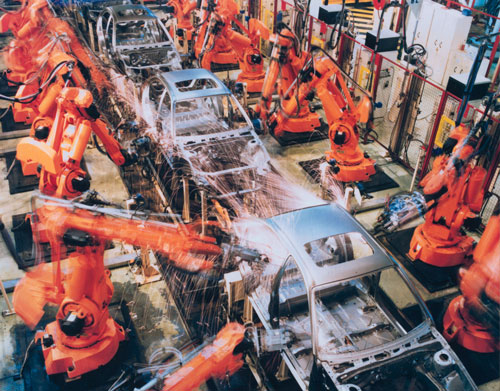
In a recent research paper written at Oxford University, it is claimed that 47% of all jobs in the United States could just as well be performed by robots or computers instead of humans.
Some Sectors are Especially Affected
The study authors evaluated 702 different kinds of jobs and they outline within which sectors robots or computers would be particularly proficient in replacing humans. They mention logistics, production, and the support industry as especially exposed.
Perhaps somewhat surprising, they also conclude that robots can replace humans in many professions that are “non-routine cognitive tasks” and writes;
“While compute memorization has been historically confined to routine tasks involve wing explicit rule-based activities, algorithms for big data are now rapidly entering domains reliant upon pattern recognition and can readily substitute for labor in a wide range of non- routine cognitive tasks. ”
The authors argue that the availability of big data and pattern recognition software is making computers able to handle work that until recently only humans were able to do.
These computers can analyze and use data that for example can be applied to patient records, medical data from clinical trials, medical reports, and journals – making them able to analyze, diagnose and suggest a possible treatment plan from a much broader source of knowledge than any single medical doctor. Within a couple of decades, perhaps we will have nanorobots assisting in the treatment as well.
Jobs that require perception and manipulation, creative and social intelligence were identified as being the less likely to be computerized by the study authors.
The Future
The paper outlines a technological future where current trends continue of ever more advanced computers and robots. But the authors point out that they have studied tasks that robots and computers could take over, without analyzing how economically efficient it is. And for robots or computers to replace human workers, they need to be cheaper.
Cheap and abundant energy could be a bottleneck. Another bottleneck could be human know-how, since all these robots would require immense human resources dedicated to software and hardware development, also monitor.
Since advanced robotics are still quite expensive and we have an abundance of (cheap) human labor, it just might take a while before half of America’s workforce consists of robots or computers.
What is for sure is that the current trend with robots and computers taking over an ever larger share of the U.S job market will certainly continue as long as these offer a more attractive solution for companies from a rate of return perspective. The same goes for the rest of the industrialized world.
The Future: Good or Bad?
But what form of dystopian or perhaps utopian future does this imply?
From an economic perspective, robots and computers perform jobs more efficient, increasing productivity and thereby total factor output in the economy by a given fixed input.
Which from an economic standpoint, as GDP can be described and calculated via a Cobb-Douglas function Y=ALK, the importance of A (total factor productivity), and K (capital input) would increase at the expense of an ever declining L (labor input).
Will people be without jobs, or will this lead to ‘creative destruction’, destroying the present technological landscape of job offerings but create new jobs in the process? Or will unemployment rates rocket to record levels?
It is very much a hypothetical scenario, but it may have profound impacts on human living patterns, just as profound as when we during the industrial revolution went from farmers to factory workers.
Perhaps in the distant future, most jobs will disappear and some form of a basic income guarantee must be made available, as a fundamental right for everyone.
_______________
The Future of Employment
______________________________

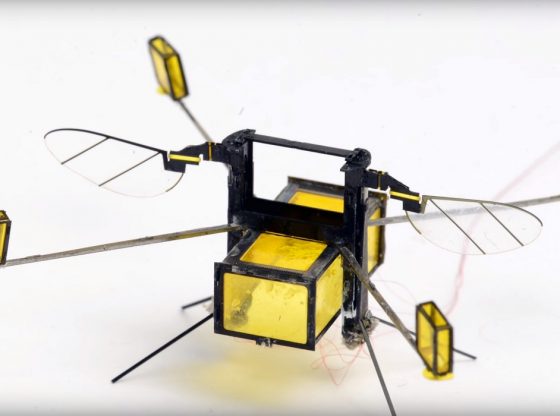
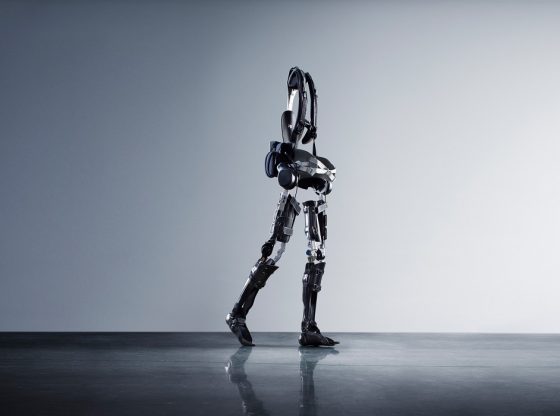

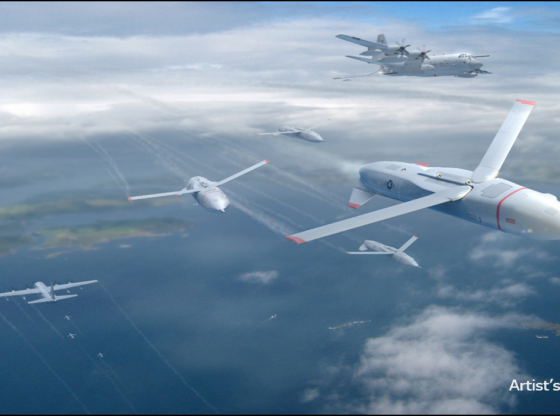
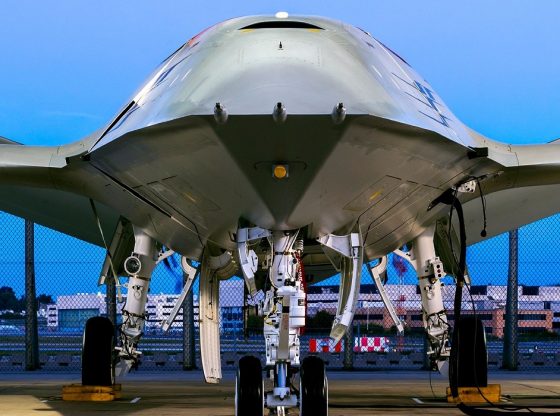
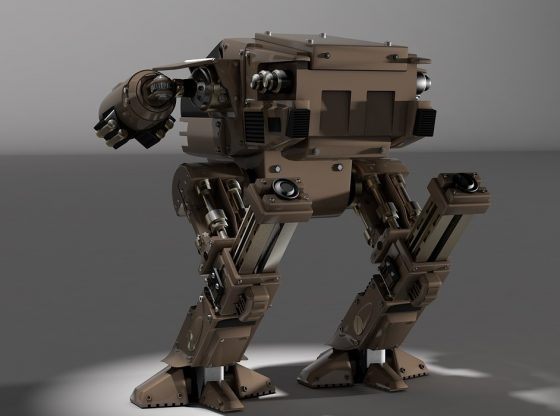
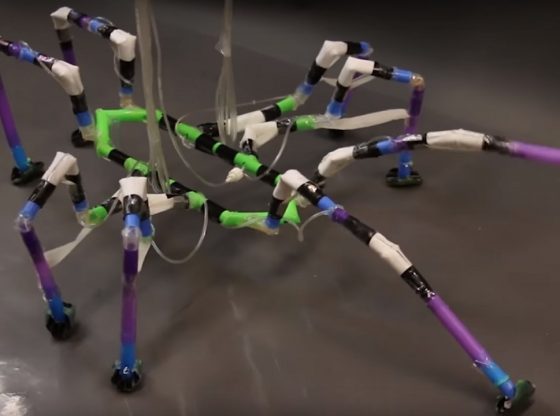
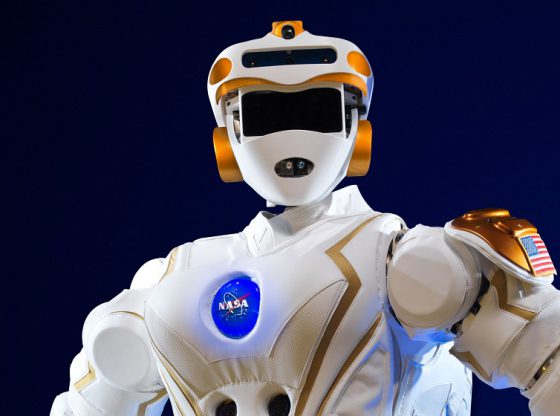
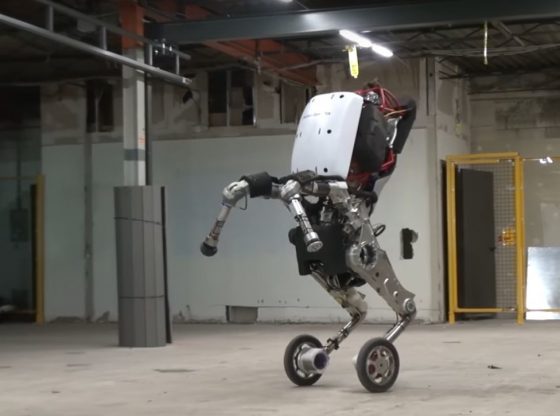

![OpenAI. (2025). ChatGPT [Large language model]. https://chatgpt.com](https://www.illustratedcuriosity.com/files/media/55136/b1b0b614-5b72-486c-901d-ff244549d67a-350x260.webp)
![OpenAI. (2025). ChatGPT [Large language model]. https://chatgpt.com](https://www.illustratedcuriosity.com/files/media/55124/79bc18fa-f616-4951-856f-cc724ad5d497-350x260.webp)
![OpenAI. (2025). ChatGPT [Large language model]. https://chatgpt.com](https://www.illustratedcuriosity.com/files/media/55099/2638a982-b4de-4913-8a1c-1479df352bf3-350x260.webp)








